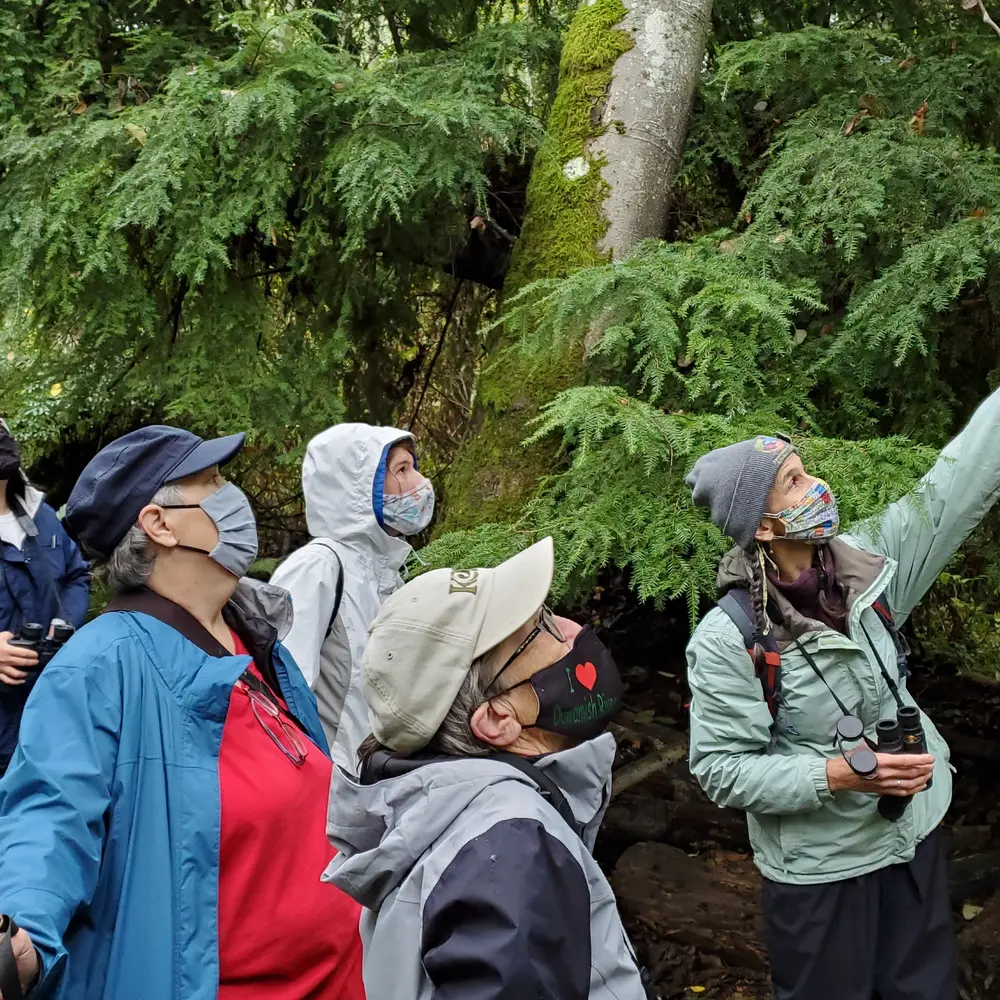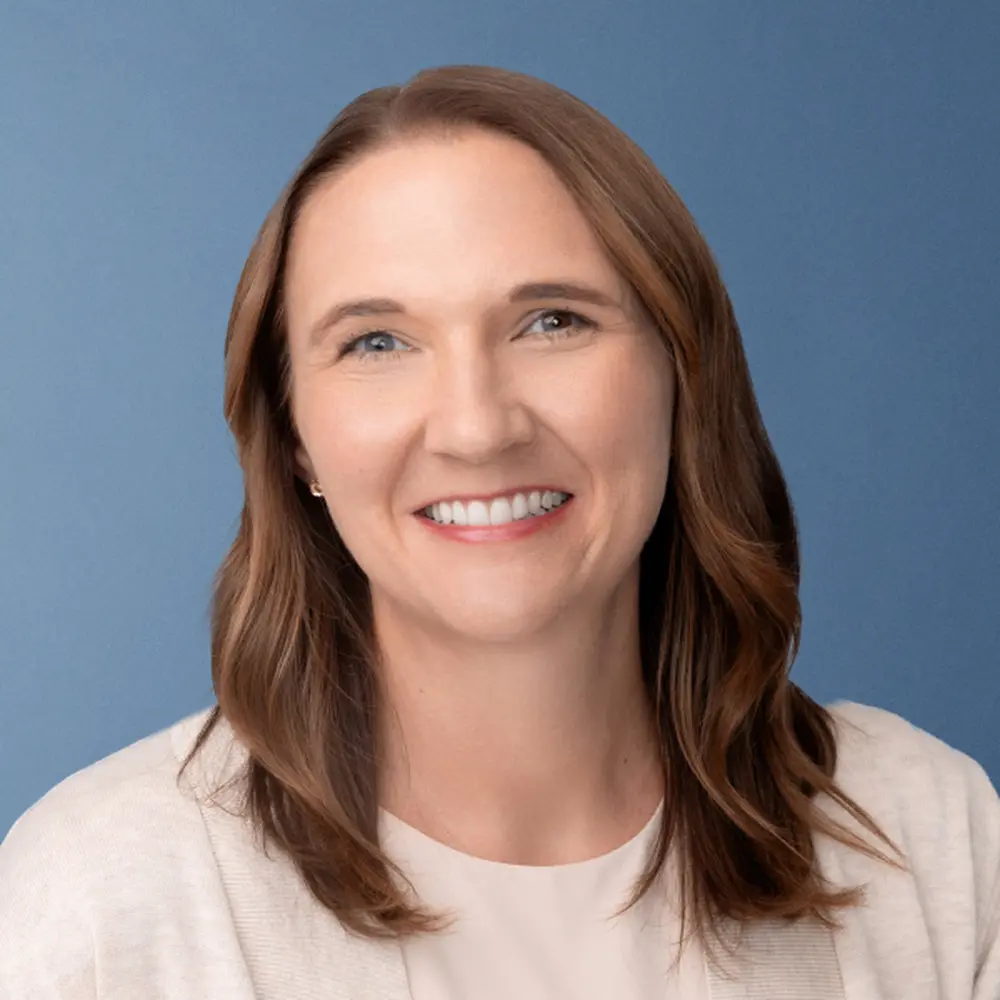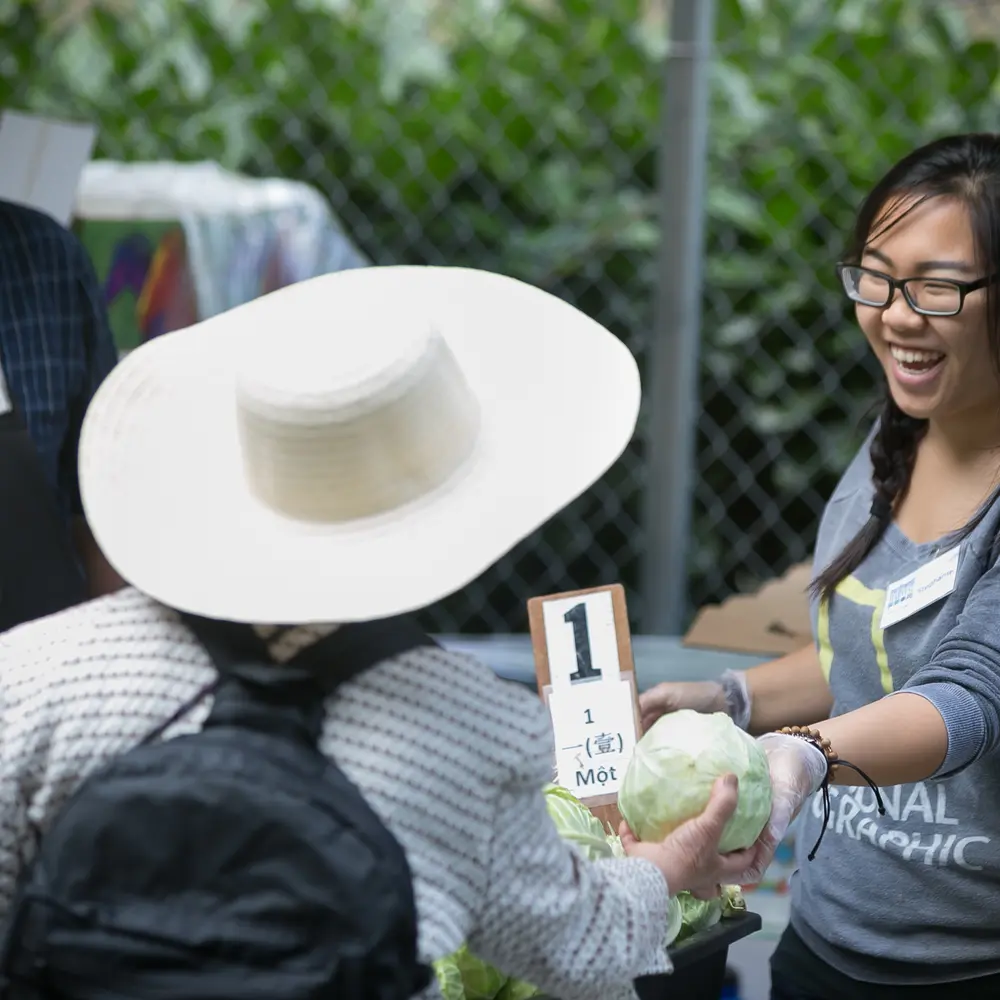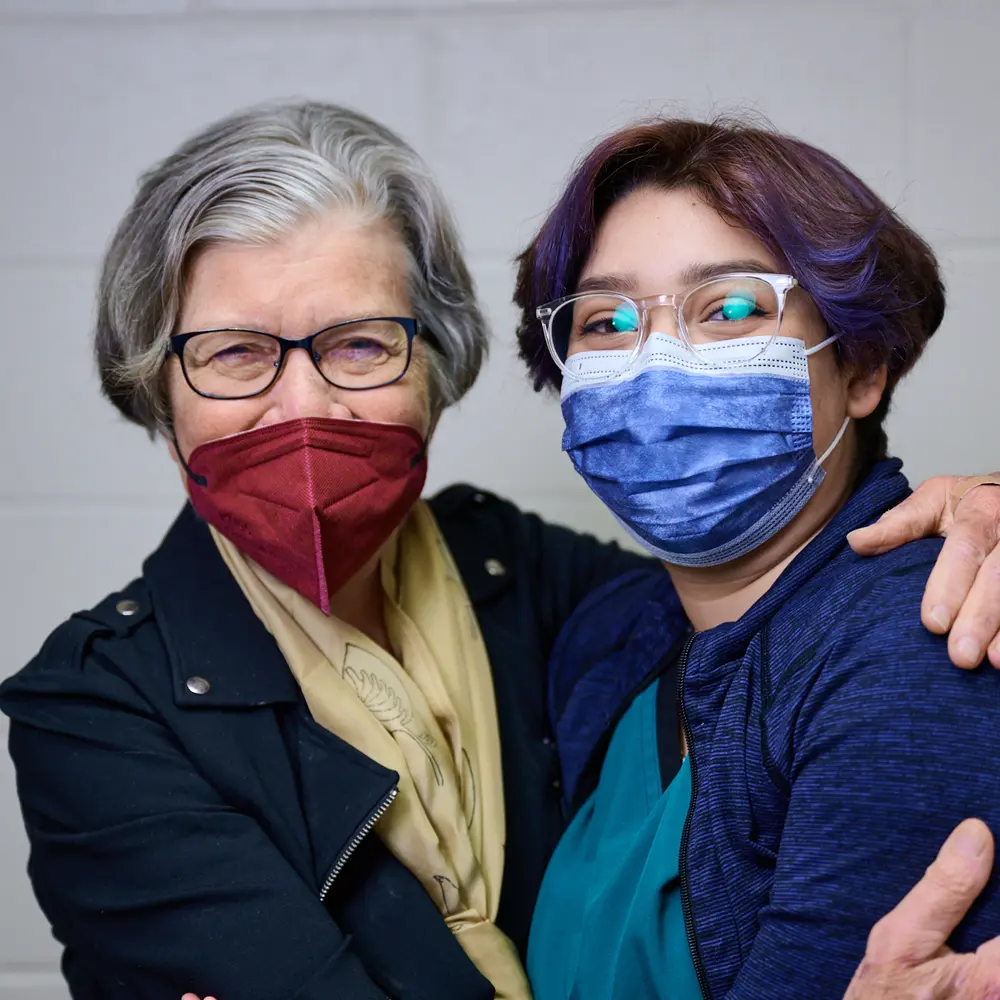Artists are known for their creativity, but in this day and age, it takes an extra creative approach to stay afloat, much less thrive, as an arts organization. That’s what we heard from the 20 artists and arts organization leaders who gathered at the Trust office in June for our latest convening hosted by our Enrichment team, “PNW Arts: A Sustainable Practice,” led by Murdock Trust Visiting Scholar and gifted sculpter Squire Broel.
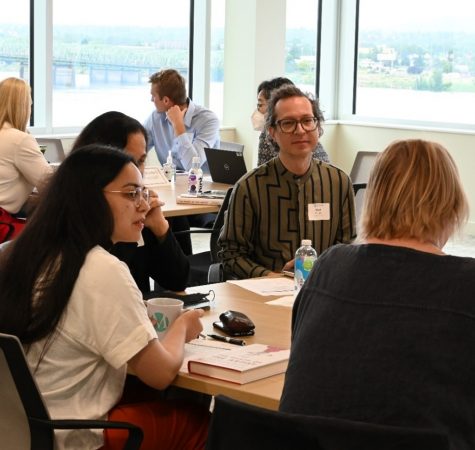
The Murdock Trust highly values the contributions of arts organizations and individual artists to our common flourishing in the Pacific Northwest. Supporting the arts has been important to the Trust since its founding in 1975, and we have been grateful to make more than 250 grants in the Arts & Culture sector in the last 10 years, totaling more than $50 million. However, we recognize that it takes more than just funding to create a thriving arts ecosystem. That is why we invited artists and leaders in the Pacific Northwest arts scene to gather for a crucial conversation on the future of this sector.
We were honored to have William Deresciewicz, a leading writer on the arts and contemporary culture, join us to talk about his book The Death of the Artist: How Creators Are Struggling to Survive in the Age of Billionaires and Big Tech. William presented a sobering yet inspiring talk on the ways our new digital economy is presenting a unique set of challenges to artists’ lives and work. For example, while the Internet has theoretically made the arts more democratic because anybody with an iPhone can record and self-promote, it has created more competition with fewer sustainable paid opportunities. There have never been so many artists trying to make it, and so few actually finding success. In order to create a sustainable future for this sector, some things need to change.
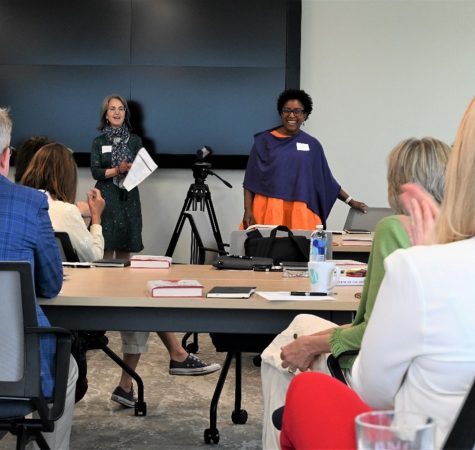
What does this mean for individual artists and arts organizations? That’s what participants discussed around their tables. They considered questions such as:
- What financial challenges are artists in your community facing? How have these changed since the advent of social media?
- How has the pandemic impacted the livelihood of artists in your community? How have they tried to adjust? How have organizations tried to adjust?
- What initiatives have been successful in helping artists stay afloat financially?
Participants also discussed the tension between creating marketable art that (might) pay the bills, and making impactful, honest art that feels authentic to them. They considered inequality in the arts and took a hard look at the wealth gap in the sector, which has only been exacerbated by the pandemic. They also brainstormed how to use organizational capacity to support individual artists, and how to bring artists into more decision-making spaces.
While this convening necessarily included sobering statistics and hard conversations, the overwhelming energy in the room was one of inspiration and vision for the positive change that is possible with continued creativity and collaboration. Participants expressed their gratitude for William’s clear presentation of the challenges facing their work. And, perhaps most importantly, they left the convening with a list of phone numbers and names of new friends and co-laborers in the arts sector.
So while yes, there are great challenges facing the arts today, we can think of no better pioneers of a sustainable way forward than artists, who have always been breathing life and creativity into their communities.
Thank you to all those who gathered for their participation and insights, to William Deresciewicz for his research and presentation, and to Squire Broel, Kimberly Thornbury, and the entire Enrichment team at the Trust for their leadership and hospitality. And most of all, thank you to every artist and arts organization that is doing their part in making our region more vibrant and beautiful. We are grateful to partner with you in creating a more sustainable future for the arts.
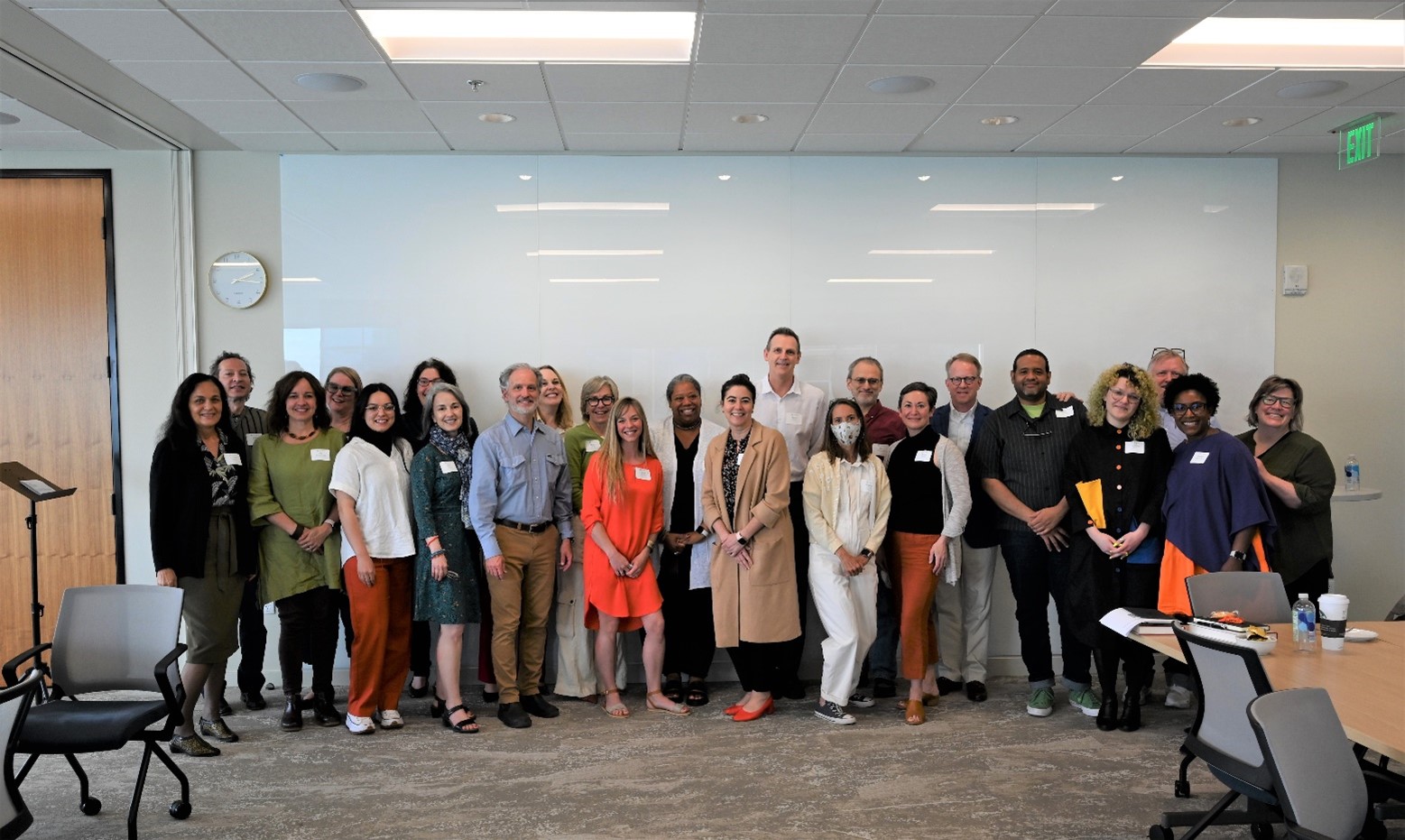
The post Convening Recap: PNW Arts: A Sustainable Practice appeared first on M. J. Murdock Charitable Trust.

